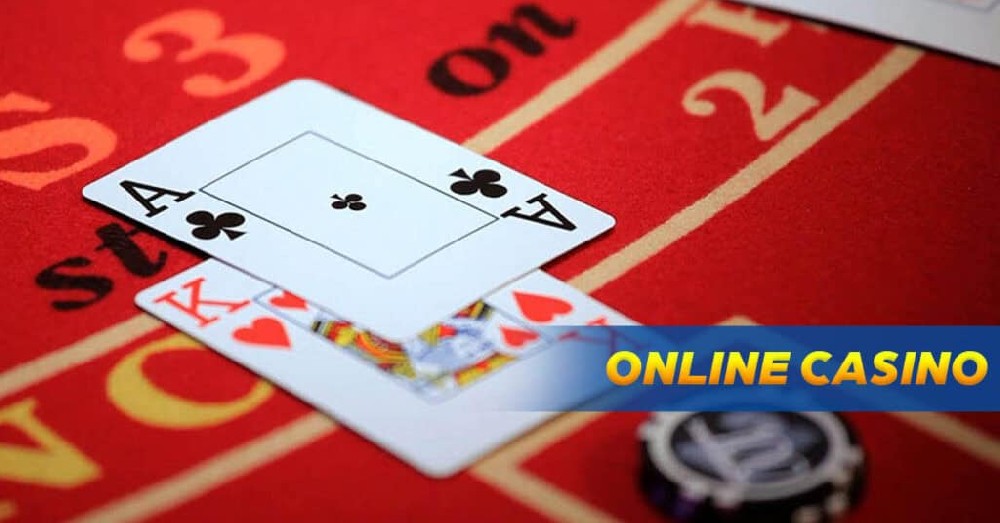01
Register
Download the app and signup for account
02
Get Ready
Deposit & get ready for play betting
03
Enjoy
Betting more and more & enjoy game

Poker Rooms and Casinos: The Temptation of Cash
Poker rooms and casinos deal with substantial sums of cash, and where there's significant money involved, there's always the allure of illicit gain.
Casino Security: A Costly Investment with No Guarantees
Casinos worldwide invest substantial resources in time, money, and manpower to ensure the safety of their operations. Yet, occasionally, unforeseen incidents arise that even the most diligent casino security teams fail to anticipate.
Exploring Recent Cheating Scandals in Casinos and Poker Rooms
This article delves into some of the most significant cheating scandals in recent years, specifically involving casinos and poker rooms.
Counterfeit Chips at the Borgata Winter Open
Security scandals often center on casino games, making the Borgata's case particularly captivating. In 2014, poker player Christian Lusardi was apprehended for introducing counterfeit chips during the Borgata Winter Open.
Borgata Scandal Unveiled
Christian Lusardi utilized counterfeit chips in the initial event of the festival to inflate his chip stack, which had a $372,000 prize pool for the winner. As expected, he began the tournament's second day as the chip leader. However, Lusardi's scheme unraveled swiftly. Event officials detected the extra chips during the ongoing event, prompting an immediate investigation. In a panic, Lusardi attempted to flush the counterfeits down the toilet, leading to a plumbing disaster that quickly traced back to his room. Investigators discovered counterfeit chips worth $2.7 million with a $5,000 face value, necessitating a halt to the tournament. Lusardi was arrested at another nearby hotel, confessing to introducing $800,000 worth of counterfeit chips into the event. He was later charged with another offense and sentenced to five years in prison, seemingly evading justice for the Borgata scandal.
Bellagio's Million-Dollar Loss Due to an Insider Scheme
Bellagio, one of Las Vegas' iconic casinos, catering to diverse gamblers, fell victim to an intricately planned scam in 2016, despite employing top-tier security experts. This scam involved insiders, featuring craps dealer Mark William Branco and two accomplices.
The Ingenious Bellagio Scam
The scam was deceptively simple: Branco's associates would approach his craps table and make high-value (hop) bets on specific dice combinations, doing so cryptically to obscure their intentions. They would mumble phrases that sounded like bets. After the roll, Branco would pay them based on their seemingly correct bets, regardless of the actual outcome. This continued for over two years, with the two men correctly guessing 76 times, winning over $1 million, before the casino caught on. The odds of this happening were 4.52 trillion to 1, prompting alarm. All three individuals faced multiple charges, each receiving a minimum of four years in prison and substantial restitution to the casino. Had they quit earlier, their scam might never have come to light.
Video Poker Glitch: Costly Losses for Casinos
Security vulnerabilities aren't always location-specific but can relate to particular games, especially electronic ones. The Game King video poker machine showcased such an issue, a subtle yet severe flaw present in all US casino machines.
The Game-Changing Video Poker Glitch
In 2009, John Kane stumbled upon this flaw and shared it with his friend Andre Nestor, leading to them exploiting casinos for over half a million dollars. The flaw was challenging to identify and involved altering the game's credit denomination after a significant win, receiving the cumulative jackpot according to the new denomination. Kane could, for instance, play a royal flush at $1 denomination and, upon winning a massive jackpot, switch it to $10 or $20. While it may seem simple, executing this required switching between game variants and enabling the double-up feature to activate the glitch. Kane was first arrested at the Silverton Casino in Las Vegas, followed by Nestor's apprehension at his Pennsylvania home. Despite investigations exposing their intent to exploit the glitch, neither faced charges for their actions.








